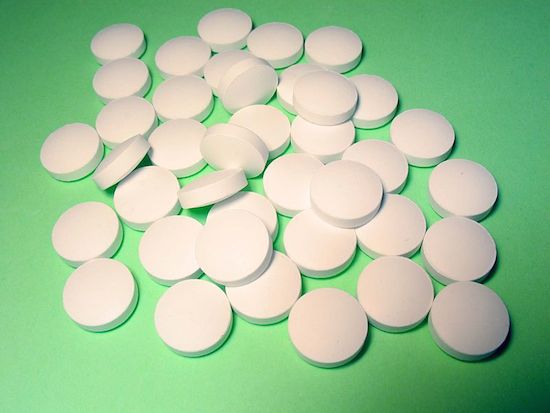 The Boston Globe discusses how pricey new drugs, many of them developed in the Boston area, threaten to derail the healthcare system.
The Boston Globe discusses how pricey new drugs, many of them developed in the Boston area, threaten to derail the healthcare system.
"But instead of affordable Fords and Chevys, our hometown {Boston area} firms are cranking out Lamborghinis and Bentleys. They make expensive drugs that are steering the health care system toward a precipice. ''
"{T}he industry has been doing everything in its power to make itself look like Monty Burns, the money-hungry mogul who owns the nuclear power plant on The Simpsons.''
One big way Big Pharm continues to drive up costs is by doing all that it fan to keep out biosimilars. "Express Scrips estimated that if just 11 biosimilars were introduced for drugs coming off parent, about $250 billion could be saved over a decade.''
Then there's the surging pay of execs in biotech.
The Globe notes: "Finally, the price of the products has started to make headlines. A new two-drug combination from Vertex to treat cystic fibrosis, on the verge of FDA approval, is expected to cost north of $300,000 per year. ''
And The Globe says:
{"T}he price is often determined by asking, 'What’s the highest price I can charge and get away with,'said Alison Taunton-Rigby, a former biotech executive who serves on several corporate and nonprofit boards. Speaking at a recent industry conference, Taunton-Rigby said, 'It’s an attitude we need to talk about. I think we actually have a black mark against us as an industry.”'
But insurers are pushing back.
"Tony Dodek, associate chief medical officer at Blue Cross Blue Shield of Massachusetts, says high-priced 'specialty drugs' represent just 1 percent of the prescriptions handed to Blue Cross’ members, but 25 percent of the insurer’s spending on drugs, a share that is rising rapidly. 'That’s not sustainable,' Dodek says.''


















